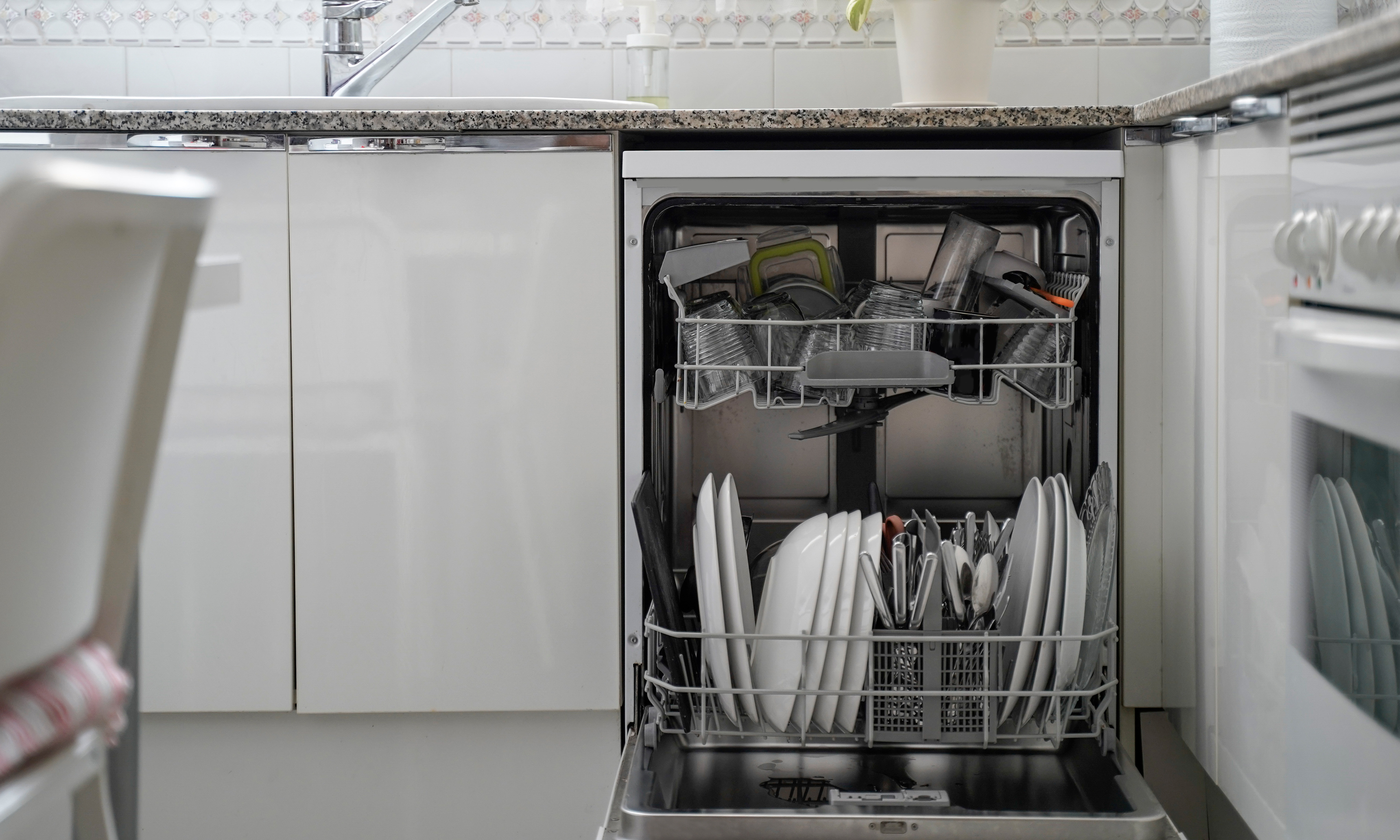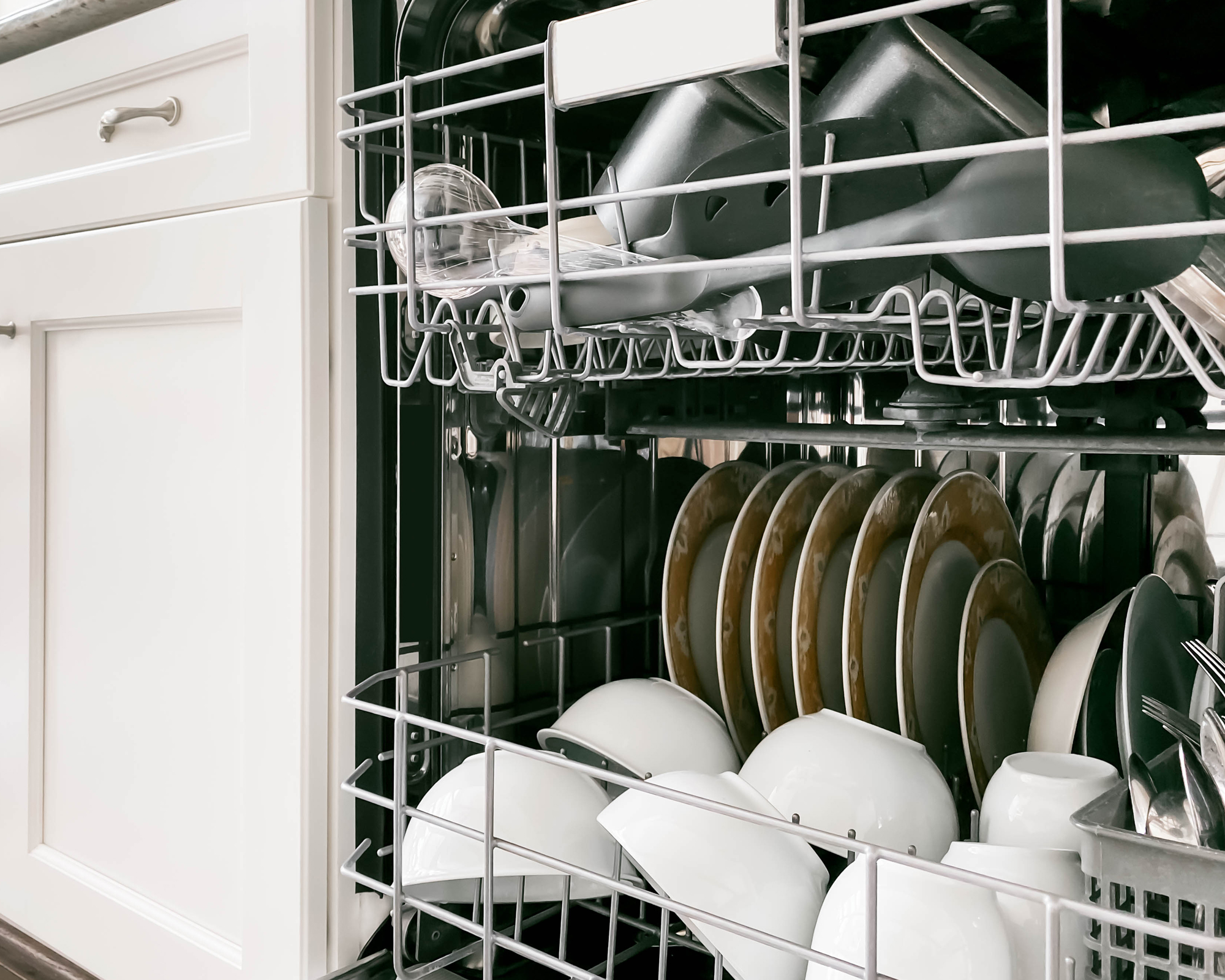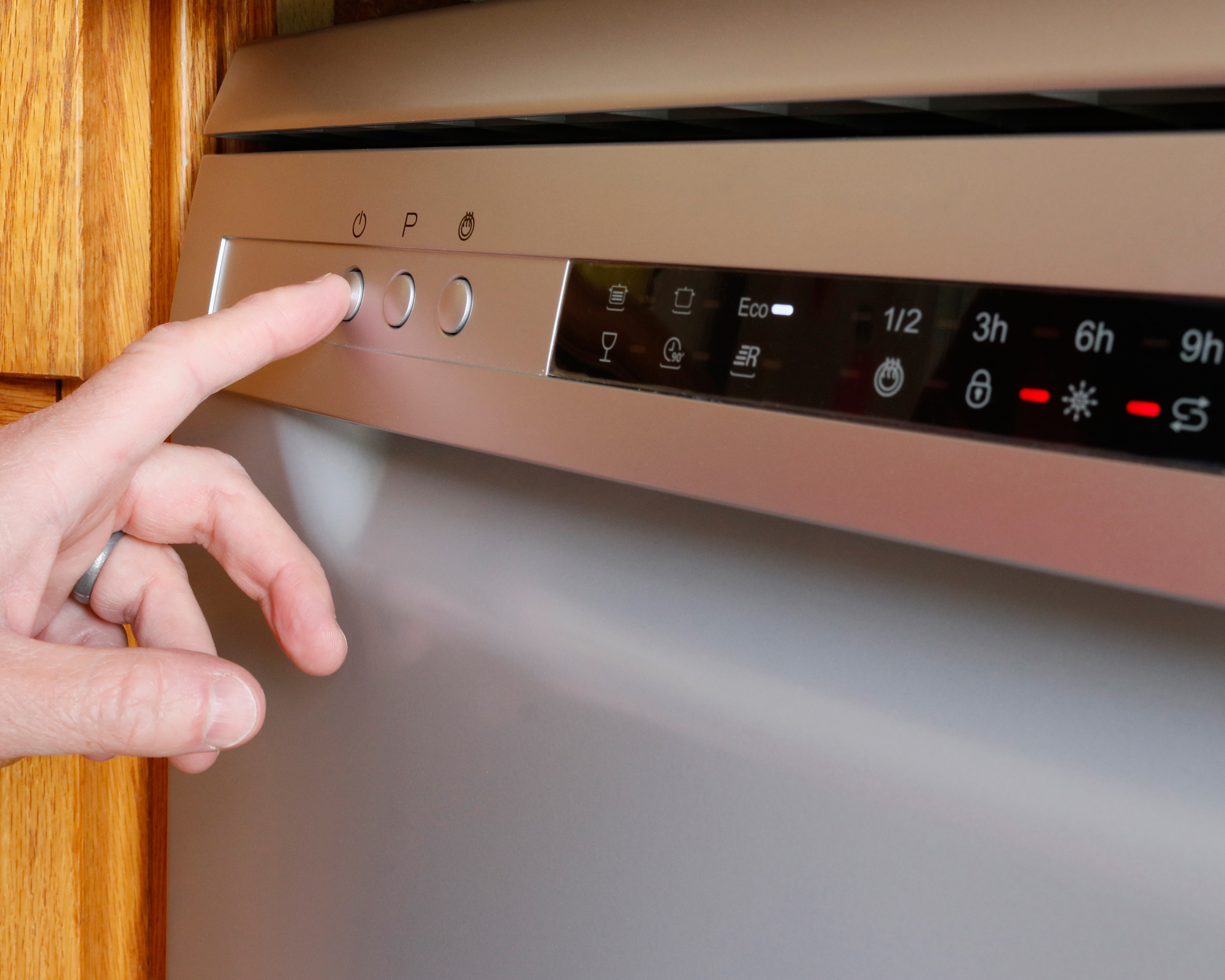The dishwasher mistakes that are costing you money
A dishwasher is a kitchen essential, but it can rack up your energy bills if used incorrectly, experts say

Is the way you're using your dishwasher costing you extra in energy bills? While dishwashers have been proved to save you on water use, it's less clear-cut with just how much they can cost to run in terms of your electrics.
These days, the best dishwasher models are energy efficient and shouldn't increase your bills substantially. However, that can change if you're not maintaining your dishwasher properly, not using it correctly, or if your dishwasher is just too old. Energy experts* identify the top mistakes that are making you pay unnecessary extras for running your dishwasher.
1. Not replacing your old dishwasher with a new one

It may sound counterintuitive – surely you're saving money by not unnecessarily buying a new appliance? However, with dishwasher in particular, and many kitchen appliances more generally, the newer models just are much better at saving you energy. Any machine over 10 years old is guaranteed to be inefficient. By comparison, a new, energy-saving dishwasher will save you in the region of £270 over its lifespan, according to the European Commission. That could easily be a new dishwasher paying for itself in energy savings over a few years.
2. Not using the eco setting on your dishwasher

The other problem with old dishwashers is that they often do not have an eco setting. Using the eco setting on newer models is a good not just for helping the environment, but also because it saves you money. On an eco program, your dishwasher takes in cold water from the mains and gradually heats it up, which uses up much less energy than taking hot water straight from the mains.
3. Pre-washing your dishes

This is an age-old mistake that many people still make. There is no need no pre-wash dishes that are going into the dishwasher, even if they are quite grimy. Modern dishwashers are powerful and can cope with dirty dishes without you needing to use even more hot water.
You do need to make sure that any bits of food have been scraped into the food bin before putting dishes in the dishwasher. Pre-soaking, or even rinsing? No need.
4. Running your dishwasher when it's half full
In the same way that running a washing machine that's half full, running a dishwasher with only a couple of dishes is a waste of energy – and money. If you've only got a couple of plates, quick hand-washing is still the way to go. Remember: a dishwasher only saves you water and electricity when it's doing the washing in bulk.
Get small space home decor ideas, celeb inspiration, DIY tips and more, straight to your inbox!
5. Not maintaining your dishwasher correctly
Learning how to clean a dishwasher is essential if you want to to run efficiently. Limescale buildup or a filter clogged with remnants of food will mean that your dishwasher will need to work harder – and use more energy. If you live in a hard-water area, you also need to make sure you use dishwasher salts, which will make it easier for your dishwasher to do the cleaning.
*Tips kindly provided by money.co.uk
Anna is a professional writer with many years of experience. She has a passion for contemporary home decor and gardening. She covers a range of topics, from practical advice to interior and garden design.